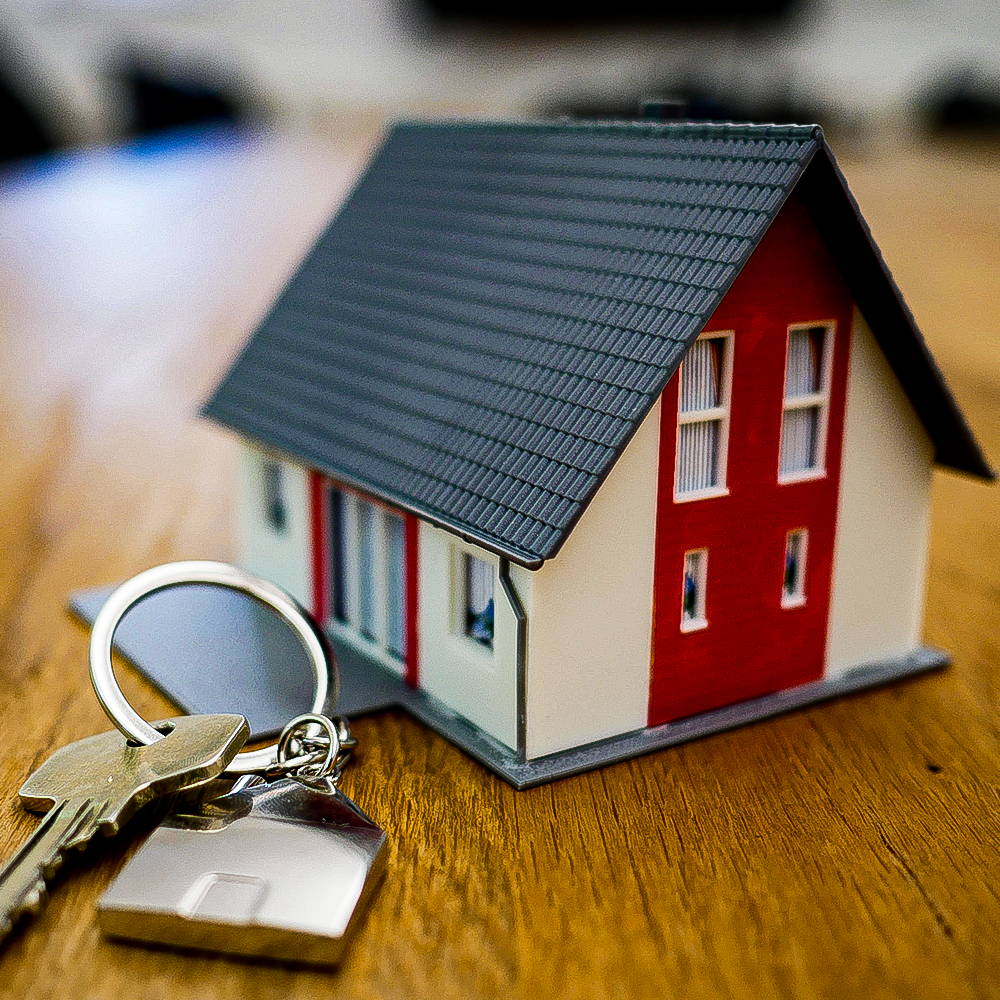Who do you invite into your house?
Open Minds Group in Birmingham - Aug 22
In August we held a face-to-face group in Birmingham, UK. The last time we were here was just before the pandemic and it’s been a long-term goal for us to get this group up and running again.
It was great to see some new and old faces. Some of the group members were already friends with each other, and this meant that there was a lovely warm atmosphere right from the start.
The topic for the group was identity – the words or labels that help us describe ourselves to other people. The idea of identity also includes the labels that other people give us, including our race, ethnicity and gender.
It was clear from the conversations that many of us have been treated unkindly or unfairly because of our LGBTQIA+ labels and it was tough to hear about people’s experiences of close family members rejecting them just because of their sexuality. When the people that we love and respect reject us because of our LGBTQIA+ identities, it’s very hard not to feel shame and guilt. Once these emotions take root inside us they can be very hard to shake off.
Living in the UK as LGBTQIA+ people there is a lot of pressure to ‘come out’ and be completely open with everyone about our LGBTQIA+ identities and if we don’t do this, it can add to the shame that we can feel about our identities.
As the conversation continued, we talked about the ways that we can still have healthy relationships with our families even when they are not completely accepting of us. We talked about the importance of looking after ourselves and being careful about what kinds of information we share with these family members so that there are less opportunities for them to hurt us.
You can think about your identities as being objects that you keep inside a house. This house has a few different rooms and only you get to choose who can enter which room. There are rooms that you would be happy to show strangers or people that don’t know you well, and there are rooms where you keep your most precious things, which can include the parts of your identity which mean the most to you.
If we think about this idea a bit more, it makes sense that we should be careful about inviting people into our secret rooms if we don’t trust them or if we know that they will break our objects. It’s ok to save these rooms for people that we know we can trust and not everyone needs to see every room for them to be special to us.
The idea about not feeling bad about who we tell about our LGBTQIA+ identities is taken from the idea of inviting in (blog post - inviting in). For many of us, it isn’t safe for us to invite everyone into our LGBTQIA+ lives and this is completely ok.
Shame and guilt are feelings that most people will have experienced in their lives. If you struggle with these feelings, a good starting point is learning how to accept yourself for what you are and bit by bit learning to like and then love yourself too.
Negative feelings can become very fixed, but by being careful about who you invite into your ‘house’, your ‘rooms’ and your friendship circle you can make sure that you keep theses feelings in check and over time they will get smaller and smaller. With enough practice they may even disappear…
With warm wishes,
The Open Minds Project
We meet on the last Wednesday of each month and if you want to join us at an Open Minds Meeting, please visit the Events page on our website.


